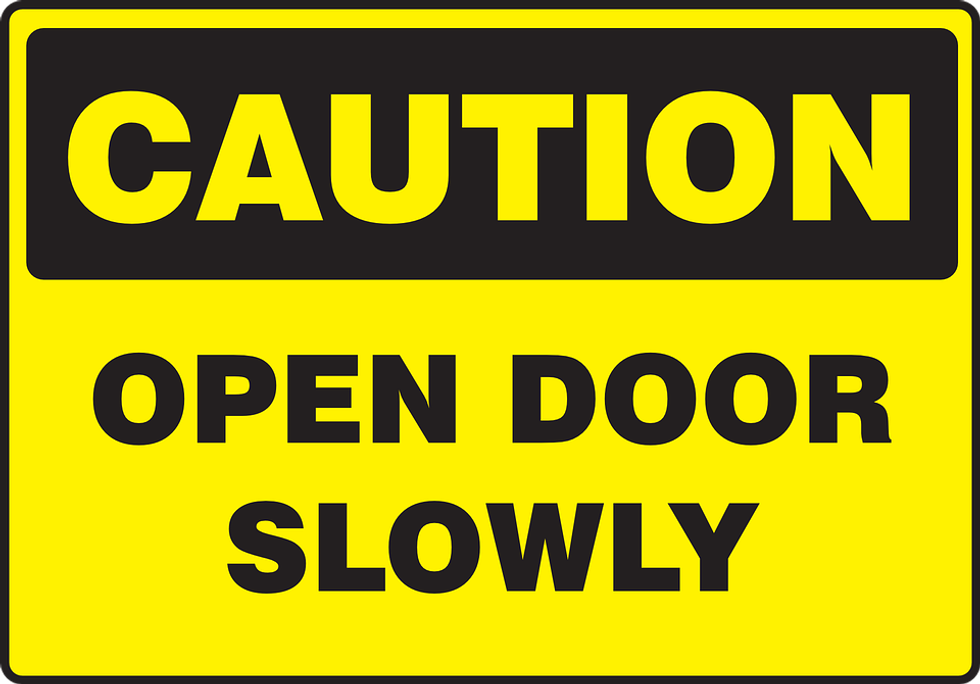This is my sixth article for The Odyssey Online, and it's my fifth article mentioning that I'm an undergrad triple-major. I think that at this point I need to lay out a few disclaimers for anyone considering the three-major route.
You need a lot of major overlap in order to graduate on time as a triple-major. This means sticking in the same division, almost definitely. The Humanities and Social Sciences will likely be the best places to get the magic three. Even there, you'll need to do a lot of planning in order to get your requirements in without "wasting" classes. I came into college with a few Gen Eds out of the way and tested out of both Elementary French courses, so I've been able to hack away at my majors a little more easily than I would have had I come in at the bottom. All classes totaled, three majors will likely be 120 credits at a minimum. I'm on track to graduate with 140 credits or more, but some of those credits do not serve any of my graduation requirements.
A three-major program need not be extremely difficult. There will be a few more advanced classes than a single-major student is required to take, but for many majors that could work for tripling, most courses are at an intermediate level, at least in theory. If anything, being a triple-major shows that you are skilled at wrangling curriculums. I don't think my three-major program is any more impressive than a typical program in fields such as engineering or biochemistry.
As I alluded with my use of "wasting" above, with three majors, there isn't much room for classes outside of your requirements. This can be negative in a few different ways. There might be some courses that you wish to take for the fun and extra knowledge that they might afford you. Or you may want to take some extra classes in your major. Or perhaps you feel a lack of knowledge in one particular area adjacent to your field of study, but you just can't squeeze that class in when it comes around. Beyond that, you might wish to pick up a minor outside of your division for its practical value or wish to complete a minor that you naturally start by working on your majors and Gen Eds. Of a more sinister nature, you may determine that you'd like to pursue graduate study in something similar but a little different from anything you're majoring in, and you won't be able to take a firm hold of that area of study. I have encountered all of these complications since I started working toward my degree. Urban Sociology? It would've helped my fiction-writing skills, I think, but I had to pass it up. English Literature courses? I'm taking five through my Creative Writing major, but I may be leaving myself disadvantaged for applications to PhD programs in literature. I'll have some French literature classes to bolster my claims, yet that could pigeon-hole me into a Comparative Literature program in the end, if I make it into any program at all.
With these disclaimers come a few benefits. While it might be a little awkward telling people what you’re studying and having to list off three things, most people seem to be impressed by the concept of a triple-major. I don’t think it’s really that big of a deal, but it can be, and in any case, there’s no sense in telling them that. If you wish to stick with your BA or BS and forgo further study, you’ll be well-learned in three areas that could aid you in securing employment in a variety of jobs. Your myriad of expertise can also make you unique in your thinking. Not only can this influence interviewers, but it can also improve your capabilities on the job site. Moreover, having three majors can help you build a wide network of colleagues within your school. If you’re in a small school like UPJ, you may find yourself knowing almost every student in all of your classes by the end.
Adding college majors will always call for tough decision-making. Once you’ve started down a path, it can be expensive to move down another, both for your time and your wallet. If you’re early on in your college career or have been carefully curating your coursework for several semesters, you may be tempted to try to triple-major. This article is meant to caution you in that decision. Consider all of the costs and benefits of having a trio before making such a decision. In the end, it may serve you better to roll with two majors and two minors, one major and three minors, one major and a vast array of sub-areas of study, or any other possible program. Just be aware that the decisions you make can be both more and less important than you think. You won’t know until much later how your choices grade, so put thought to all of them, but try not to tie yourself into knots over it either. That triple-major, if you choose it, will tie you up quite enough on its own.




















